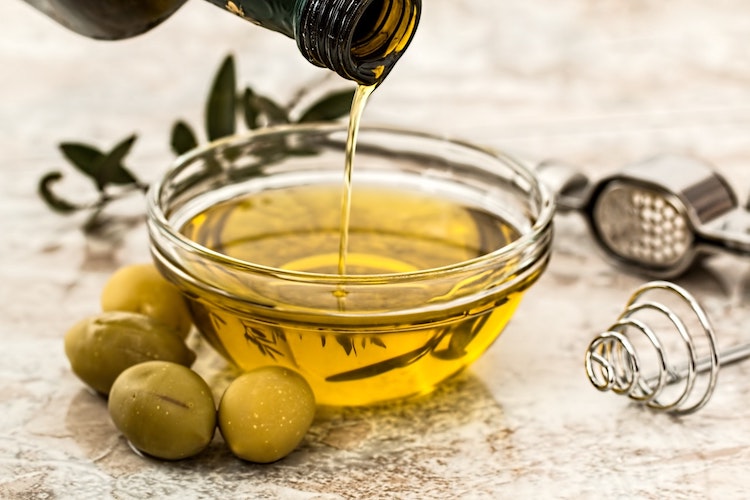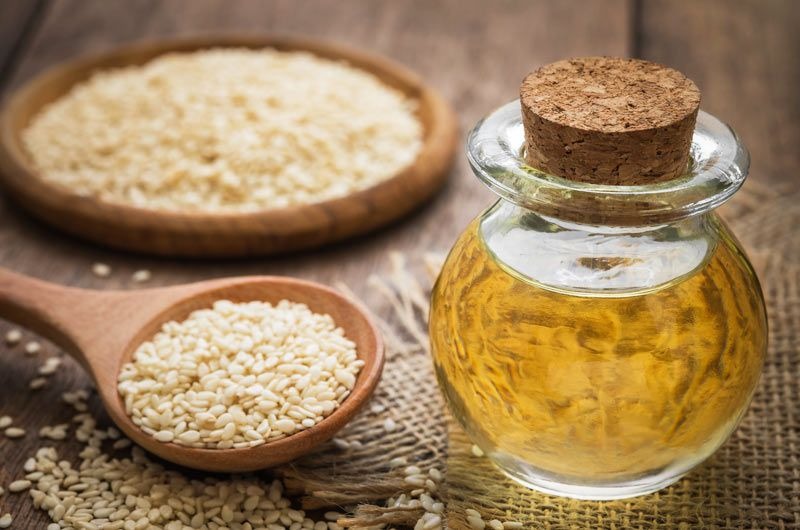The kitchen sink is often considered the heart of the kitchen. It's where we wash our dishes, clean our produce, and sometimes even prepare meals. Yet, despite its crucial role, it's one of the most overlooked areas in kitchen maintenance. So, how often should you clean your kitchen sink? This question is more critical than most people realize.
Keeping your kitchen sink clean isn't merely about aesthetics; it's also about hygiene. Bacteria, mold, and other microorganisms can flourish in a dirty sink, posing health risks to you and your family. Let's dive into the shocking truths about sink cleaning and help you understand the best practices to maintain a sparkling and safe kitchen sink.

The Science Behind Sink Hygiene
First, let's delve into the microbiology of your kitchen sink. Studies show that a typical kitchen sink can harbor more bacteria than your toilet. Common culprits include E. coli, salmonella, and other harmful pathogens. These microorganisms thrive in moist, food-rich environments, making your sink a perfect breeding ground.
Given the potential health risks, it's crucial to understand that regular cleaning can significantly reduce the bacterial load in your sink. But what does regular mean in this context? Let's break it down.
Daily Cleaning for a Healthy Kitchen
A daily clean is essential for maintaining a basic level of hygiene. Here's a simple yet effective daily routine:
- Rinse the sink thoroughly after each use.
- Scrub the sink using dish soap and a sponge to remove any food particles and grease.
- Rinse with hot water and wipe it down with a clean cloth.
This process ensures that you're removing any immediate food remnants and reducing the risk of bacterial growth. Learn more about daily routines.
Weekly Deep Cleaning
While daily maintenance is crucial, a weekly deep clean is necessary to address the dirt and germs that a simple daily scrub may miss. Follow these steps for a thorough weekly cleaning:
- Sprinkle baking soda over the sink, making sure to cover all surfaces.
- Scrub with a sponge, paying extra attention to the edges and drain area.
- Pour white vinegar over the baking soda. The reaction will help dislodge stubborn grime and kill bacteria.
- Let it sit for a few minutes before rinsing with hot water.
- For a fresh finish, clean the faucet and handles using an antibacterial cleaner.
This weekly ritual ensures your sink is not just visually clean but also free from harmful bacteria. Discover weekly cleaning tips for more details.

Monthly Maintenance Must-Dos
Even with daily and weekly cleaning, some areas of your sink might need periodic deep cleaning. Here are some monthly tasks to consider:
- Clean the garbage disposal: Use a combination of ice cubes, salt, and lemon peels to clean and deodorize your garbage disposal.
- Disinfect the sink: Use a bleach solution (one part bleach to ten parts water) to disinfect the sink. Make sure to rinse thoroughly.
- Check for slow drains: Use a drain cleaner or a natural alternative like baking soda and vinegar to ensure your drains are flowing freely.
Including these steps in your monthly routine will keep your sink in top-notch condition. For more on kitchen maintenance, visit our article on monthly maintenance.

Expert Tips for Sparkling Sinks
Getting a professional opinion can be a game-changer when it comes to maintaining your kitchen sink. Here are some expert tips:
- Always dry your sink after use to prevent water spots and mineral build-up.
- Use a sink grid to protect the bottom surface from scratches and stains.
- Regularly clean your sink accessories, including sink strainers, soap dispensers, and cutting boards that rest over the sink.
- Use a specialized stainless-steel cleaner if your sink is made from stainless steel.
These small additions to your cleaning routine can have a tremendous impact on the longevity and appearance of your kitchen sink. For more expert tips, visit our guide.

Types of Sinks and Their Cleaning Needs
Different materials require different care routines. Here's a quick guide for various sink materials:
Stainless Steel Sinks
Stainless steel is durable and resistant to most stains but can be prone to water spots and scratches.
- Use a non-abrasive cleaner.
- Always rinse and dry thoroughly after each use.
- Buff with a dry cloth to maintain shine.
Ceramic Sinks
Ceramic sinks are luxurious but can stain easily and are susceptible to chipping.
- Use a gentle cleaner to avoid damaging the surface.
- Avoid using abrasive scrubbing pads.
- Regularly seal to protect against stains.
Granite Composite Sinks
Granite sinks are incredibly durable but can be a bit challenging to maintain.
- Clean with mild dish soap and water.
- Avoid harsh chemicals that might damage the finish.
- Use a granite-specific polish to maintain luster.
Knowing how to care for your specific sink material can make your cleaning routine more effective. Learn more at sink care tips.
Common Mistakes to Avoid
To maintain the best hygiene and appearance, avoid these common mistakes:
- Leaving dirty dishes for too long: Food particles can adhere to the sink and promote bacterial growth.
- Using harsh chemicals: Especially for delicate sink materials like granite and ceramic.
- Ignoring the faucet and handles: These can also harbor germs and bacteria.
- Forgetting the drain: A clogged or dirty drain can lead to foul smells and even backups.
By steering clear of these pitfalls, you'll ensure that your sink remains clean and safe for daily use. For more on avoiding mistakes, visit our guide.
Eco-Friendly Cleaning Solutions
For those who are environmentally conscious, there are several eco-friendly cleaning options to consider:
- Baking soda and vinegar: A natural and effective cleaning duo.
- Lemon juice: Great for cutting through grease and leaving a fresh scent.
- Castile soap: An excellent natural soap that can be used as a dish soap or surface cleaner.
These alternatives not only keep your sink clean but also reduce the use of harsh chemicals in your home. Discover more eco-friendly solutions here.
Why Consistency Is Key
Consistency is crucial in maintaining a clean and hygienic kitchen sink. The buildup of grime and bacteria can be a slow process, often going unnoticed until it becomes a significant issue. By incorporating daily, weekly, and monthly cleaning routines, you ensure that your sink stays in optimal condition year-round.
By setting a schedule and sticking to it, you're taking a proactive approach toward maintaining a cleaner and healthier kitchen environment. For more advice, check out this external article.
Frequently Asked Questions
1. How often should I clean my kitchen sink?
It's best to clean your kitchen sink daily with a basic wash and scrub, perform a deep clean weekly, and do more intensive maintenance tasks monthly.
2. Can I use bleach to clean my sink?
Yes, bleach can be used for disinfecting your sink, but it should be diluted and used sparingly. Make sure to rinse thoroughly afterward to remove any residue.
3. What are some natural cleaning alternatives?
Baking soda, vinegar, and lemon juice are excellent natural alternatives that are effective yet eco-friendly. They can easily tackle most sink cleaning tasks.
As an Amazon Associate, I earn from qualifying purchases.
For more information, you can check out this Healthline article on how to properly clean your kitchen sink.






Leave a comment
This site is protected by hCaptcha and the hCaptcha Privacy Policy and Terms of Service apply.